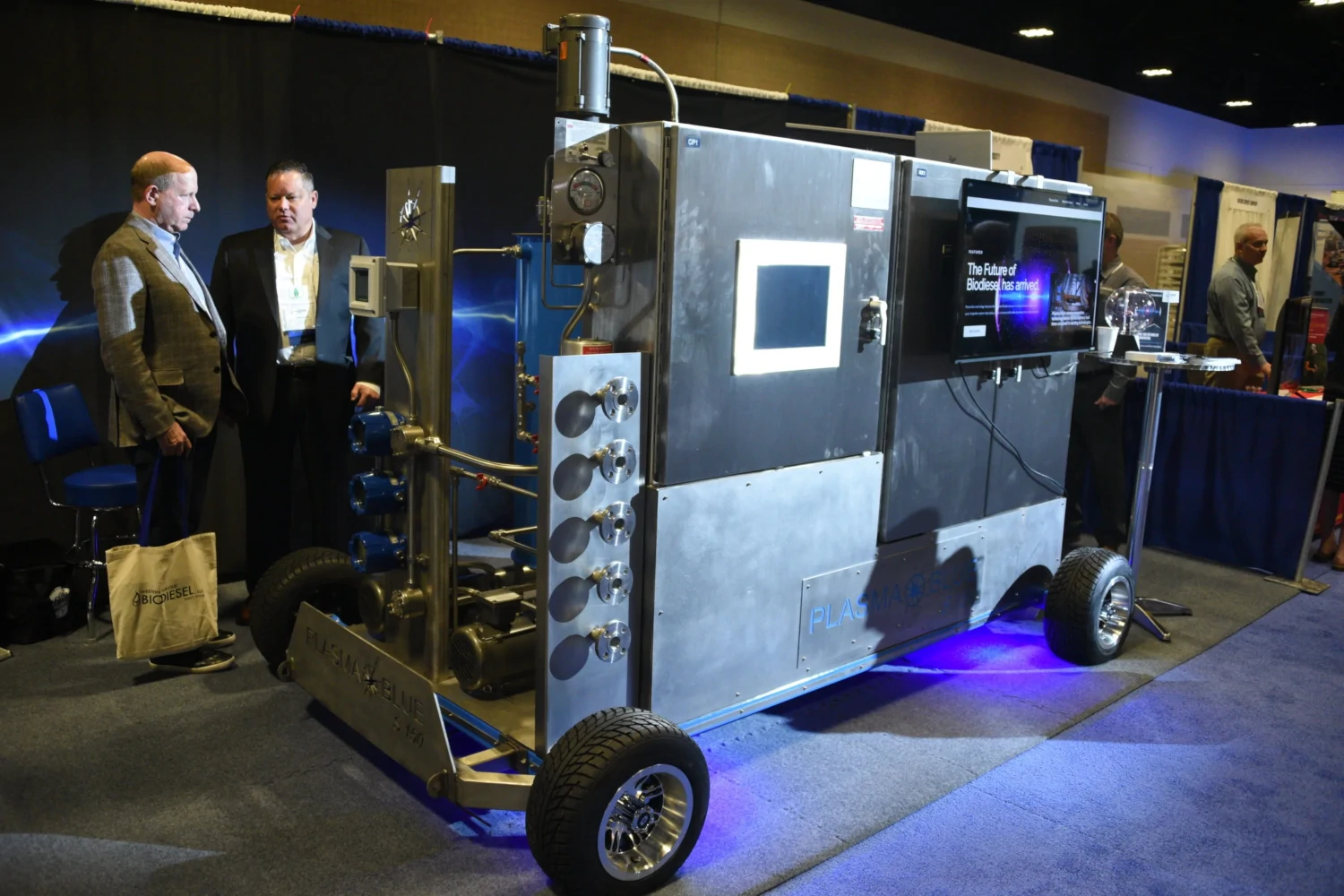Biodiesel is a renewable biofuel that can be made from a range of oils, including soybean oil, tallow and recycled cooking grease. The flexibility of oil feedstock has led biodiesel to become a critical source of energy and transportation fuel across the globe. Today, biodiesel production capacity is spread globally from high-income countries to emerging economies. Within the U.S., there is a combined capacity of over 3 billion gallons of production.²
Plasma Blue’s technology creates biodiesel at a dramatically lower production cost while integrating easily into existing biodiesel plants, new greenfield plants, as well as ethanol plants.
Plasma Blue created a novel technology that dramatically reduces the cost of biodiesel production by:
- Eliminating the need for pre-heating and heat maintenance
- Shortening processing time
- Replacing expensive catalysts with sodium hydroxide
- Reducing production of partially processed product from incomplete reactions
By implementing this technology, Plasma Blue expects biodiesel facilities to achieve a savings of $0.07-$0.11/gallon. The technology is expected to enable the use of ethanol in the production of biodiesel, which could increase the value of the glycerin by-product by $0.10-$0.25/lb.³ Ultimately, these advantages could translate to more than $2.0–$3.2 million in annual savings for a 40-million-gallon biodiesel facility. Plasma Blue technology has the potential to enhance a plant’s overall carbon score. Depending on available incentives, this can be worth up to 15 cents per gallon, netting a 30-million-gallon plant $4.5 million annually.
1. https://www.iea.org/data-and-statistics/data-tools/renewables-data-explorer
2. https://www.eia.gov/biofuels/biodiesel/capacity/


